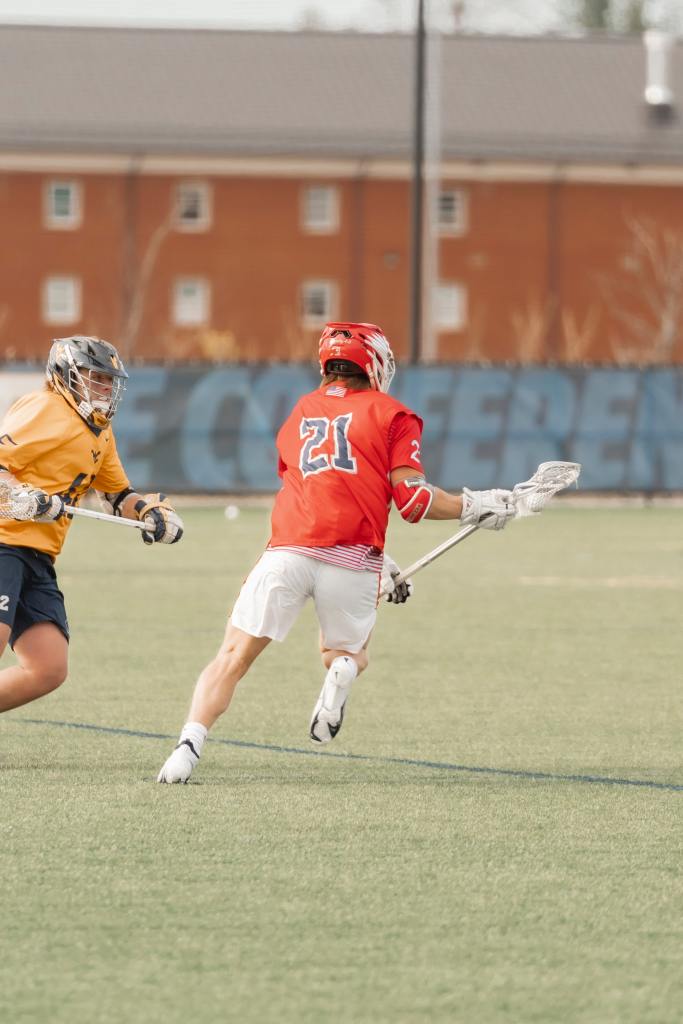
A big mistake that I see athletes make is they do not use summer sports camps to their recruiting advantage.
For most athletes when camp season ends in July, many student-athletes take a break. However, this is the perfect time to start thinking about the next steps in your recruiting process.
College athletic camps in the summer are a staple in the recruiting process for high school student-athletes. Camps are offered at almost every grade level and skill level. However, the high school camps comprise the implications of recruiting. Athletes attend camps to demonstrate skills, talent, and personality. They also have a chance to see the college campus, take some pictures for social media and shake a few hands of revered college coaches.
True, college camps are a fun experience, but actually they are vital in moving the recruiting process forward for prospective student athletes. Certainly, student-athletes want to come away from a camp with more than a t-shirt and sunburn.So, now that cams season is over, what must a serious student-athlete do? How can the investment of time, energy and money of summer camps be used as a recruiting advantage?
Immediately after camp season completes the student athletes should develop a plan to improve the identified strengths and weaknesses. The measure and collecting of metrics and statistics during camps should reveal the areas in need of improvement. For example, if a timed speed metric is too high then, the next step for the student athletes is to figure out what is needed to lower the time to the appropriate range. This may include adapting new speed drills and revising workouts to improve speed.
In recruiting, college coaches want student-athletes who put in the work to improve all aspects of their game. . Staying the same is not good. So develop a plan to strengthen strength and work on weaknesses. Surely, coaches will notice the next time the opportunity to be evaluated.
Next, student-athletes should update their recruiting profile with current metrics and measurements. Recruiting profiles are excellent for sharing academic and athletic information with college coaches. But, if a student-athlete does not have an athletic profile, then immediately after reading this blog, go build one !
Summer sports can also provide opportunities to capture useful video for recruiting. Featured footage from camp competition, drills, skills, and agility can easily be edited for recruiting purposes. Most importantly, include video links of the new film to your newly updated recruiting profile.
Finally, take all that new information and then touch base with coaches you met at camps. Best forms of communication are email and direct messages. In this communication, make sure to mention the name and dates of the camp you attended.
Following these simple steps can surely help move the recruiting process forward for any student-athlete.







